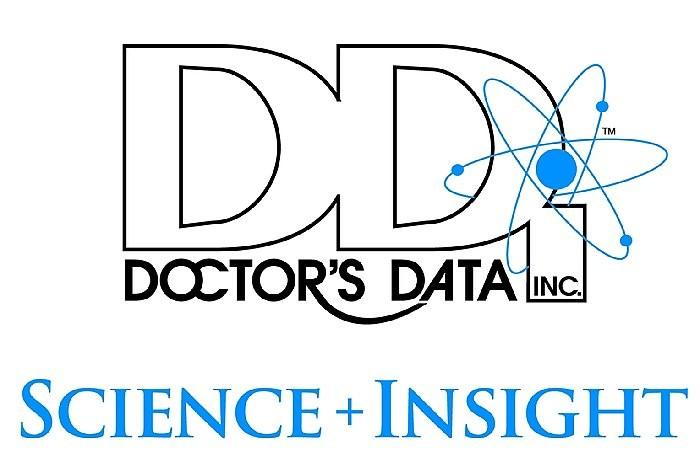
Sugar Can Decrease Testosterone Levels in Men

|
More than two thirds of American adults are overweight or obese. As the American waistline increases so does the epidemic of insulin resistance, metabolic syndrome and type 2 diabetes. The link between decreasing testosterone levels associated with these syndromes is well established in the scientific literature: men with diabetes have significantly lower levels of serum testosterone when compared with men without diabetes; as well men in the lowest tertile of free testosterone have a four-fold increased risk of having diabetes when compared with men in the highest tertile of free testosterone. The mechanisms as to the link between insulin resistance and low testosterone are still being established: low sex hormone binding globulin (SHBG) is associated with a higher risk of type 2 diabetes in men and women and is a strong predictor of diabetes. Visceral adiposity also plays a role where the enzyme aromatase can convert testosterone into estradiol, thus diminishing testosterone levels. A 2013 study suggests that another mechanism may have a direct impact on testosterone levels: sugar consumption. A cross-sectional study by Caronia et al. on 74 men between the ages of 19-34 examined the physiological impact of a 75g glucose load on serum total and free testosterone levels in men with varying glucose tolerance. Glucose ingestion was associated with a 25% decrease in mean T levels regardless of GT or BMI, and remained suppressed for 120 minutes. What is 75g of glucose equivalent to in real food terms? A can of Coca Cola has 75g, a McDonald’s M&M McFlurry has 84.8g, a cup of low-fat fruit yogurt has 46.7g, a Clif Z bar has 30g and a pumpkin spice latte (grande) has 50g of sugar. It’s easy to see how regular sugar consumption alone can add up to perpetually suppressed testosterone levels in men.+ Interestingly, while testosterone levels fluctuate throughout the day, the authors found levels to be at their highest during fasting states, particularly in the morning. This information suggests that intermittent fasting, or at least limiting food consumption to three meals per day, in combination with dietary sugar reduction, can play an influential role in increasing or maintaining testosterone levels in men. Labrix saliva testing can be a valuable tool in assessing free testosterone levels in your patients. Remember, the majority of hormones in the blood exist in one of two forms: free (5%) or protein bound (95%). While 95% of the hormones in the body are protein bound, it is only the 5% free hormones that are biologically active. Saliva measures the free, bioavailable hormone levels in the body, while serum measures only the protein bound, non-bioavailable hormone levels, requiring a mathematical equation to estimate the free portion. Tune in for the Wellness Wednesday on Wednesday, Dec 5, where Dr. Krista Anderson-Ross will be presenting "A Spoonful of Sugar - The Impact of Blood Sugar Imbalance on Adrenal and Hormone Health." Click here to learn more and to register for this free webinar. |
References
|
Flegal, K.M., Carroll, M.D., Ogden, C.L.et al. (2010) Prevalence and trends in obesity among US adults, 1999–2008. JAMA: the Journal of the American Medical Association 303, 235 –241. Pitteloud, N., Mootha, V.K., Dwyer, A.A. et al. (2005) Relationship between testosterone levels, insulin sensitivity, and mitochondrial function in men. Diabetes Care, 28, 1636–1642. Ding EL, Song Y, Malik VS, Liu S. Sex differences of endogenous sex hormones and risk of type 2 diabetes: a systematic review and meta-analysis. JAMA. 2006;295:1288–1299. Selvin E, Feinleib M, Zhang L, et al. Androgens and diabetes in men: results from the Third National Health and Nutrition Examination Survey (NHANES III) Diabetes Care. 2007;30:234–238. Beatrice AM, Dutta D, Kumar M, et al. Testosterone levels and type 2 diabetes in men: current knowledge and clinical implications. Diabetes Metab Syndr Obes. 2014;7:481-6. Published 2014 Oct 20. doi:10.2147/DMSO.S50777 Caronia LM, Dwyer AA, Hayden D, Amati F, Pitteloud N, Hayes FJ. Abrupt decrease in serum testosterone levels after an oral glucose load in men: implications for screening for hypogonadism. Clin Endocrinol (Oxf). 2013;78(2):291-6. |